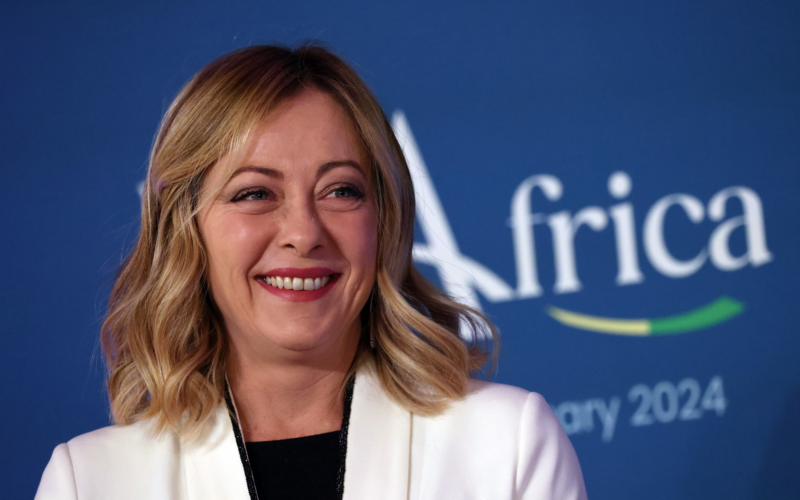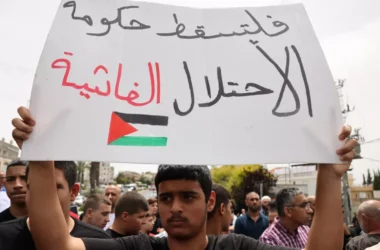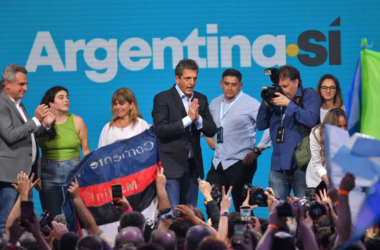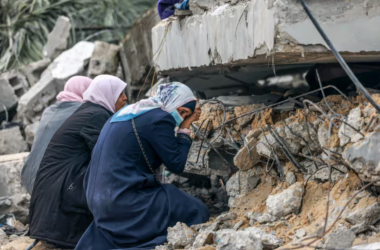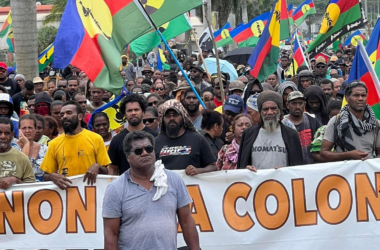Prime Minister Giorgia Meloni is setting her sights on making Africa a focal point at this year’s Group of Seven (G7) leaders’ meeting, as she seeks to reframe Italy’s role on the continent. Held in the southern region of Puglia, the three-day forum, starting Thursday, will include discussions on global politics, with Africa, climate change, and development as the opening themes.
Meloni’s strategic push to present Italy as a pivotal energy conduit between Europe and Africa, encapsulated in her “Mattei Plan,” reflects her broader ambition to bolster Italy’s influence in Africa and establish the country as a bridge for African gas to Europe. Her plan aims to foster economic growth in Africa, which she believes will help mitigate migration pressures from the continent.
The G7 meeting will see the attendance of around a dozen heads of state and an increased presence of representatives from the Global South, indicating Meloni’s commitment to Africa. Despite the prominence of pressing issues such as the conflict in Ukraine, the conflict in Gaza, and rising tensions with China, Meloni is determined to highlight her Africa-focused policy initiative.
Meloni’s Mattei Plan aspires to enhance Italy’s position in Africa through investments in energy, agriculture, water, health, and education. Her approach emphasizes partnerships with financial institutions, banks, and both private and state-owned enterprises, while the role of NGOs and humanitarian organizations is notably less emphasized.
Maddalena Procopio, a senior policy fellow in the Africa program at the European Council on Foreign Relations, explains that Meloni’s strategy seeks to present Italy as a new European leader in Africa. By highlighting Africa at the G7, Meloni aims to tap into the global interest in the continent’s vast natural resources, which include 30% of the world’s mineral reserves and 8% of its natural gas.
Italy’s strategic interest in African resources has been underscored by its reliance on Algerian gas, which accounted for nearly 40% of Italy’s imports last year, as Western nations attempt to diversify energy sources away from Russia. Meloni’s plan also seeks to capitalize on a time when France, a traditional competitor in Africa, faces significant setbacks in its influence on the continent.
However, experts express skepticism about the clarity and resources of Meloni’s plan. Bernardo Venturi, head of research and policy at the Agency for Peacebuilding NGO, criticized the Mattei Plan for its vagueness and reliance on rebranding existing projects without substantial new resources. He noted that much of the funding, amounting to 5 billion euros ($5.38 billion), was reallocated from other budgets, with limited consultation with African partners.
Concerns also arise from the relatively minor involvement of Italy’s foreign ministry and NGOs in the plan’s development. Critics argue that this may limit Italy’s capacity to execute the plan effectively and question the initiative’s alignment with broader EU support.
Human rights groups have further criticized the plan as an extension of Meloni’s anti-immigration stance, suggesting that the energy investment framework is a veneer for policies aimed at restricting migration. Meloni’s government has previously been accused of impeding the efforts of search and rescue organizations in the Mediterranean.
Despite the criticisms, Meloni remains steadfast in her efforts to position Italy as a prominent partner in Africa. Her broader objective is to secure partnerships, financial backing, and legitimacy for the Mattei Plan during the G7 discussions.
As Meloni presides over the G7 summit, her vision for Italy’s role in Africa will be closely watched by EU member states and the international community. The success of her plan hinges on Italy’s ability to translate its ambitions into actionable projects and sustainable partnerships on the continent.
An anonymous Italian official dismissed the initiative, claiming that the Mattei Plan is more narrative than substance. Whether Meloni can overcome these perceptions and make a lasting impact through her Africa policy remains to be seen.




